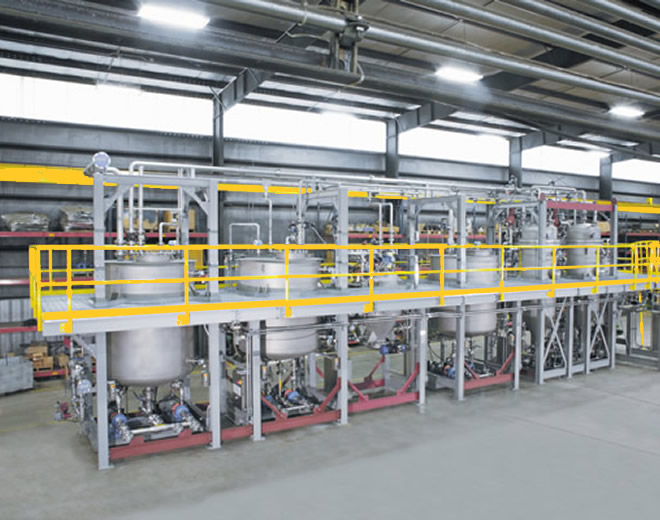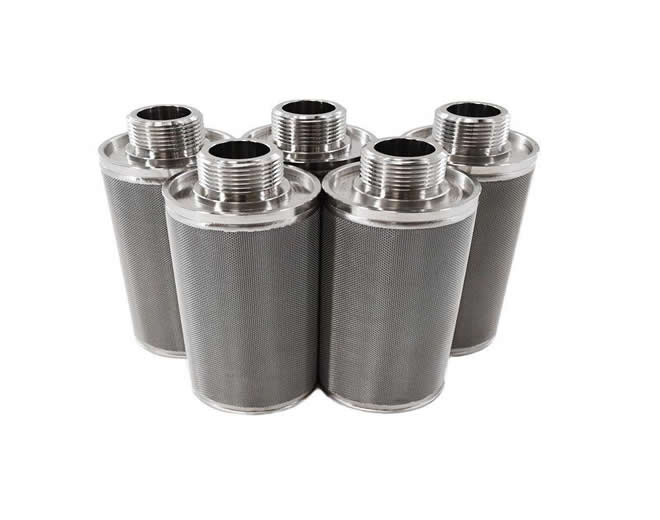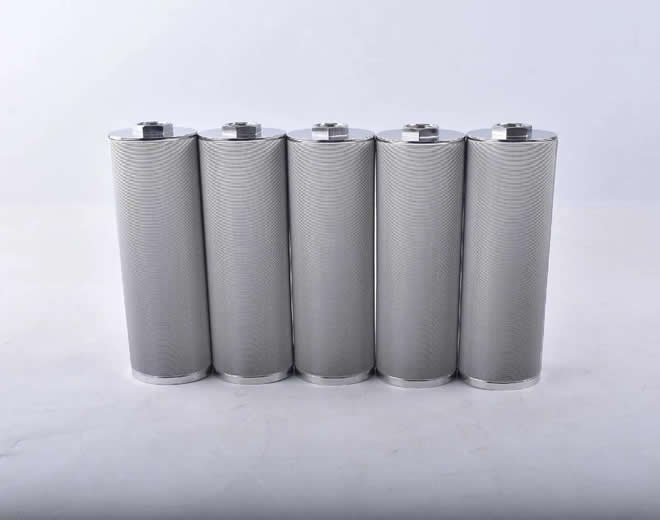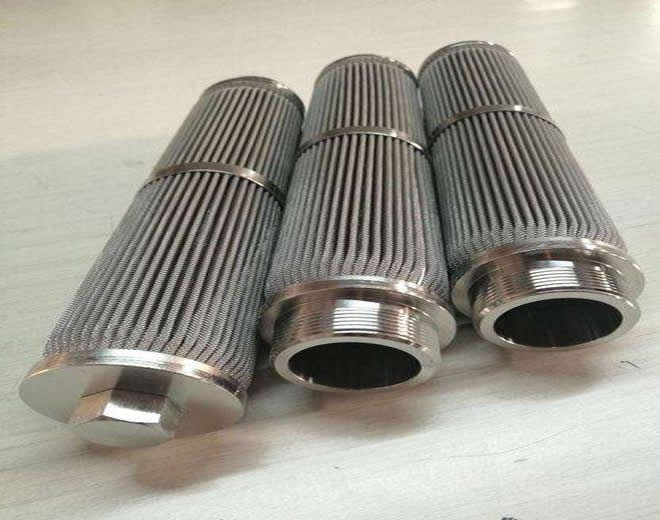With the acceleration of industrialization and the increasing scarcity of water resources, wastewater treatment has become a crucial aspect of protecting water environments and achieving resource recycling. Precision filters, as advanced equipment in the field of wastewater treatment, play a significant role in the entire treatment process, especially in the aspect of wastewater recycling, making their application increasingly essential.
One of the core processes in wastewater treatment is sedimentation. Through primary and secondary sedimentation tanks, suspended solids and pollutants in wastewater are preliminarily removed. However, even after sedimentation treatment, there may still be small particles and dissolved substances in the water. To more thoroughly purify the water and increase the reuse rate, precision filters are introduced into the wastewater treatment system.
The working principle of precision filters involves setting a specific filtration precision, typically at the micron level, effectively intercepting small particles, colloids, and organic substances in the water. After undergoing sedimentation treatment, wastewater enters the precision filter through a water pump, a pivotal part of wastewater treatment. The precision filter, equipped with efficient filter cores, systematically intercepts the remaining micro-particles, ensuring that the wastewater leaving the filter is clearer and purer.
The use of chemical dosing in this process is crucial for enhancing wastewater treatment efficiency. By adding the appropriate amount of chemicals during the sedimentation process, suspended solids in wastewater can settle more rapidly, reducing the burden on the precision filter, extending its lifespan, and simultaneously lowering treatment costs.
After undergoing treatment by the precision filter, wastewater not only achieves highly purified water quality but also realizes wastewater recycling. This concept of turning waste into a valuable resource is essential for sustainable development and the rational utilization of resources. The clarified water can be reused for industrial production, agricultural irrigation, or other purposes, reducing reliance on natural water sources and improving water resource utilization efficiency.
In conclusion, the application of precision filters in the wastewater treatment industry not only improves treatment effectiveness and reduces pressure on natural water sources but also accomplishes the resourceful utilization of wastewater. This philosophy of turning waste into a valuable resource injects powerful impetus into environmental protection and sustainable development. With continuous technological innovation and advancement, precision filters will play an even more critical role in the field of wastewater treatment.



